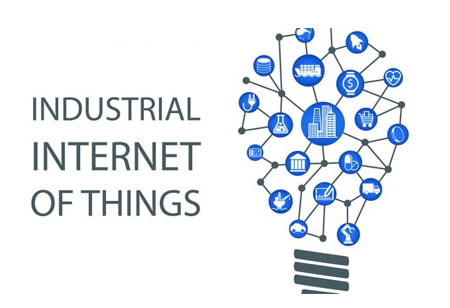THANK YOU FOR SUBSCRIBING
Future Trends of Digital Integration
Data integration solutions provide effective and actionable business intelligence and key information to base decision-making.

By
Apac CIOOutlook | Wednesday, December 01, 2021
Stay ahead of the industry with exclusive feature stories on the top companies, expert insights and the latest news delivered straight to your inbox. Subscribe today.
Fremont, CA: Companies that make the most of their data always have the edge over others. This requires the use of digital data transformation techniques such as data integration. Data integration, for instance, is at the heart of digital transformation today. It plays an important role in helping businesses create data connections in their supply chains and integrate new customers at the speed of business. In other words, this technology allows users to connect with customers faster and streamline transactions, making business functioning easier and ultimately increasing profits. But to maximize your dividend, you need to be aware of the trends that promise to take data integration to the next level.
Key data integration trends that deliver value faster include:
Smart Integration with Artificial Intelligence and Machine Learning
Technologies such as artificial intelligence (AI) and machine learning (ML) enable business users to securely and easily integrate and analyze large streams of data. It provides accurate insights and forecasts for customer data, making it easier for organizations to meet expectations and requirements. Users can quickly correlate data using machine learning algorithms, simplifying integration and other processes. Meanwhile, IT users can focus on more important tasks and assume leadership roles instead. AI and ML provide the necessary transparency to prevent bad decisions as well. This promotes better human-machine interactions and increases confidence in broader decision-making and consensus across the organization.
Rise of Hybrid Integration
Since the advancement of information technology, data has always been a primary asset for startups and large organizations. However, the proliferation of big data has led to decentralized data governance. Those who continue to rely on legacy solutions cannot handle the impact and therefore cannot provide the agility needed to connect multiple cloud-hosted endpoints. This is the true value of a hybrid integration platform (HIP). A hybrid integration platform enables business users to integrate data from on-premises with the cloud. Thereby, they can handle the level of complexity inherent in today's destructive environments.
Data integration solutions provide effective and actionable business intelligence and key information to base decision-making. This enables users to deliver the promised value to their customers as well as support their digital transformation goals and initiatives.





